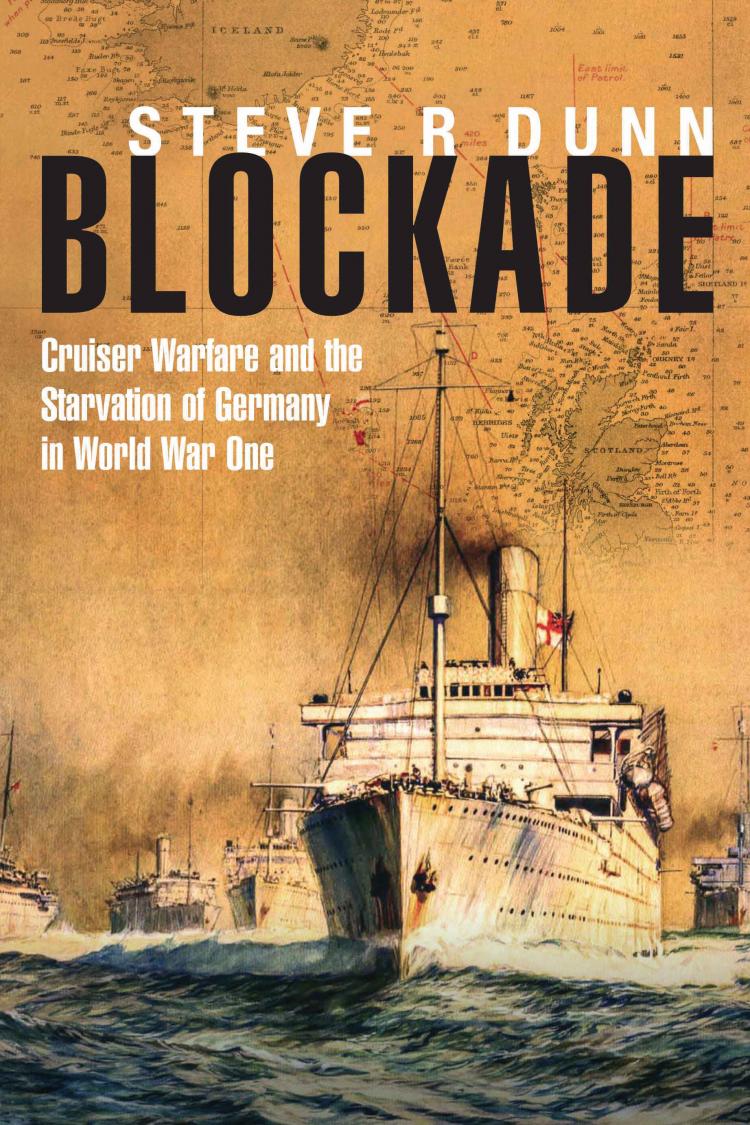Blockade
- Subject: General Military & Naval History | Royal Navy | World War I | Clear the Decks Up to 80% OFF
- Format:
Hardcover
- Pages:
256pages
- Published:
July 15, 2016
- ISBN-10:
1848323409
- ISBN-13:
9781848323407
- Product Dimensions:
9 × 6 × 1 in
- Product Weight:
12 oz
Overview
Available for sale only in the U.S. and Canada. Exceptions made for USNI Members.
Blockade is the story of a long-running trade battle at sea between Britain and Germany during the First World War. Each country fought for survival, but this book focuses on the story of the Northern Patrol and the 10th Cruiser Squadron.
The Royal Navy’s role during World War I denying Germany access to the sea, trade, and vital resources was crucial to helping Britain win the war on the Western Front. The ‘Northern Blockade’, located across the inhospitable waters between Iceland and Scotland, was to bring the German economy to its knees and destroy her home front morale. Likewise, the Royal Navy’s success in negating Germany’s attacks on British commerce prevented much suffering in Britain.
Steve Dunn vividly describes the final destruction of German surface vessel commerce warfare. He examines the American reaction to the British naval blockade and to Germany’s war on trade as well as Germany’s treatment of American sailors taken prisoner. Dunn also considers changes in strategy employed by both sides.
Blockade brings to life the experiences of those who manned the blockade and creates a vivid picture of the dangers of duty in this highly significant, but overlooked aspect of World War I.
About the Author
Editorial Reviews
"Dunn... tackles several different but related subjects, the operations of cruisers for commerce raiding, trade protection, and the British blockade of Germany... a good read for the student of naval history." —The NYMAS Review
"...Blockade will prove a rewarding read for any serious student of naval history." —The NYMAS Review
"[T]he physical quality of the book is excellent. The printing is clear, and reproduction of the fifteen centrally located gloss photographs excellent.... Blockade as a text achieves much of what it sets out to do. It recounts for a non-specialist audience an aspect of the naval war that might have been otherwise unfamiliar, and does so in an engaging manner. It contains some reasonable commentary, notes critical factors, achievements, problems and personalities involved." —International Journal of Maritime History




